2023 Awardees
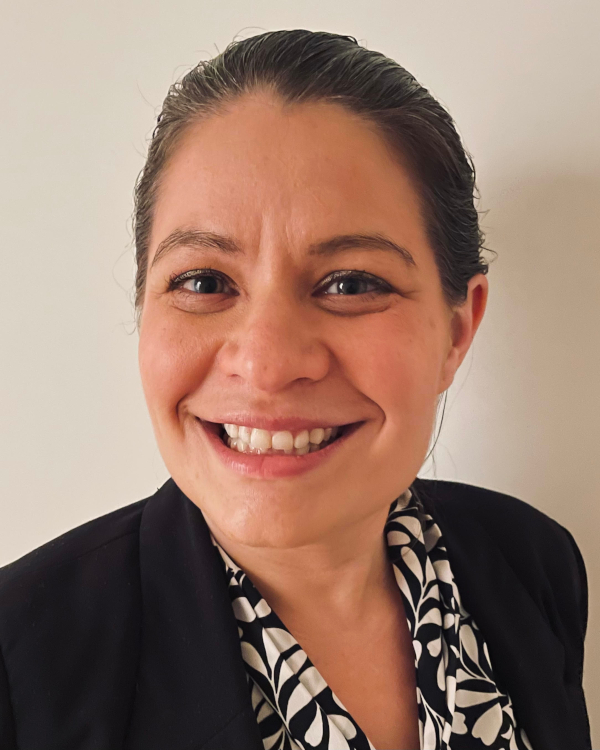
Mariko L Bennett, M.D., Ph.D.
Children's Hospital of Philadelphia and the University of Pennsylvania
Project Title: Unlocking Microglia Targeting for Neurotherapeutics
Grant ID: DP5-OD036159
Dr. Mariko L Bennett is an Assistant Professor of Neurology and Pediatrics at Children's Hospital of Philadelphia and the University of Pennsylvania. As a pediatric neurology physician scientist, she is dedicated to improving therapies for children with acquired and genetic neuroimmunological conditions. Her research lab focuses on understanding the function of glia in health and disease. Prior to arriving at CHOP, she completed her undergraduate degree at Northeastern University, then her MD/PhD studies at Stanford in the lab of Ben Barres, where she defined the transcriptional identity of microglia and the contribution of brain environment and cell ontogeny on this identity. During residency, she worked in the Song-Ming lab at Penn, where she studied how endogenous anti-viral properties of microglia limit therapeutic targeting and methods to overcome this to use microglia as cell therapies.
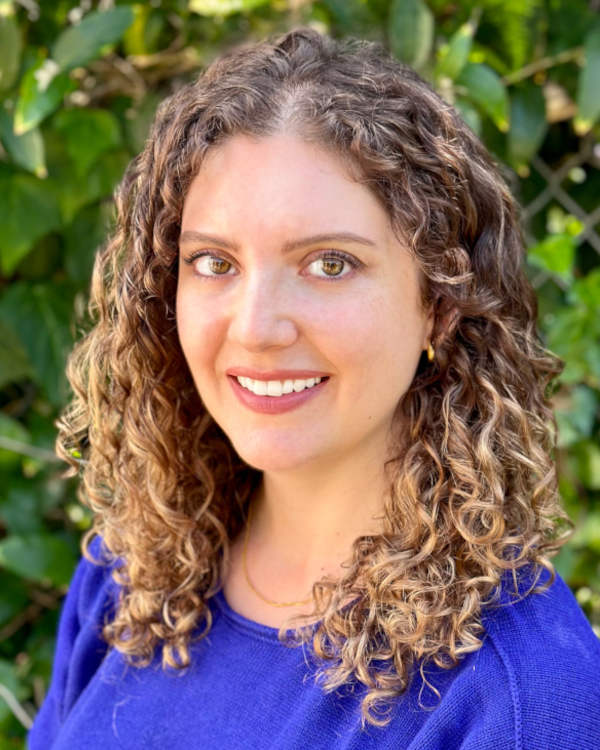
Anya Bershad, M.D., Ph.D.
University of California, Los Angeles
Project Title: MDMA as a Treatment for Social Deficits in Schizophrenia
Grant ID: DP5-OD036172
Anya Bershad, M.D., Ph.D., is a physician scientist at UCLA focused on developing novel treatments for social impairment in psychiatric illness. She has previously shown that in healthy volunteers, drugs such as opioids, MDMA, and LSD may bias social processing to facilitate social connection in certain contexts. She is currently leading clinical trials investigating some of these compounds in the treatment of deficits in social motivation in patients with schizophrenia.
Anya earned a B.A. in Comparative Literature and a B.S. in Biology from Stanford University. She graduated from the combined M.D./Ph.D. program at the University of Chicago, earning her Ph.D. in Integrative Neuroscience under the supervision of Dr. Harriet de Wit. She then completed residency training in Psychiatry at UCLA, working with mentors Dr. Stephen Marder and Dr. Michael Green. She is a recipient of the Brain and Behavior Research Foundation Young Investigator Award and the NIMH Outstanding Resident Award.

Ryan S. Dhindsa, M.D., Ph.D.
Baylor College of Medicine and Texas Children's Hospital
Project Title: Identifying Transcriptomic and Epigenomic Convergence in Intellectual and Developmental Disorders
Grant ID: DP5-OD036131
Ryan Dhindsa is an Assistant Professor in the Department of Pathology and Immunology at Baylor College of Medicine. The Dhindsa Lab (https://www.dhindsalab.com) integrates human genomics, single-cell multi-omics, and stem cell models to advance precision medicine. They place a particular emphasis on identifying convergent mechanisms in neurodevelopmental disorders and other brain illnesses to identify more effective and targeted therapies. Ryan completed his undergraduate training at Duke University and his M.D./Ph.D. at Columbia. He then joined Baylor College of Medicine as a Fellow in the Jan and Dan Duncan Neurological Research Institute at Texas Children's Hospital.
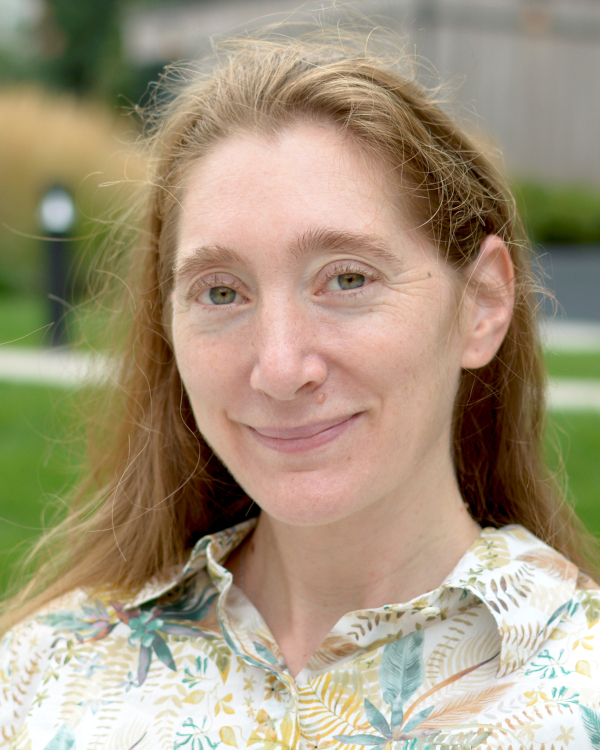
Emily A. Ferenczi, M.D. (BMBCh), Ph.D.
Massachusetts General Hospital; Brigham and Women's Hospital; Harvard Medical School
Project Title: Deciphering Neuronal Control of Behavioral Initiation and Suppression
Grant ID: DP5-OD036140
Emily Ferenczi’s overarching research goals are to understand the neural circuit mechanisms that contribute to the diverse symptoms experienced by patients with neurologic disorders such as Parkinson’s disease and identify strategies to alleviate these symptoms using targeted neural circuit therapies. Dr. Ferenczi is a movement disorders neurologist at Massachusetts General Hospital (MGH) and Brigham Women’s Hospital (BWH) in Boston. Her postdoctoral training at Harvard Medical School, under the mentorship of Professor Bernardo Sabatini, has focused on understanding the neural circuit mechanisms regulating motivated behavior, and specifically the role played by a brain region called the globus pallidus. Dr. Ferenczi studied medicine at the University of Cambridge and the University of Oxford in the UK, before coming to Stanford University for PhD training in neuroscience under the guidance of Professor Karl Deisseroth. Dr. Ferenczi completed neurology residency and fellowship in movement disorders at MGH and BWH.
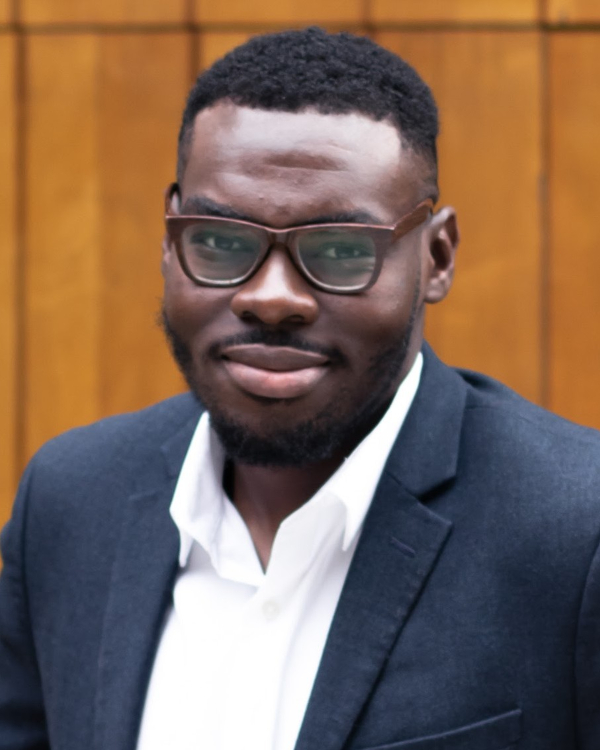
Mohammed O. Gbadamosi, Ph.D.
University of Florida
Project Title: Decoding the Heterogeneity in Chemo-Immunomodulation to Unlock the Potential of Chemoimmunotherapy in Metastatic Triple-Negative Breast Cancer
Grant ID: DP5-OD036134
Dr. Mohammed Gbadamosi is an Assistant Professor in the Department of Pharmacotherapy and Translational Research at the University of Florida College of Pharmacy. During his doctoral studies under the mentorship of Dr. Jatinder Lamba, Dr. Gbadamosi employed approaches in cellular and molecular biology and big data analytics to develop novel immunotherapeutic antibodies and machine learning models that predict response to DNA damage and immunotherapy in the context of acute myeloid leukemia. Thereafter, he initiated a study focused on optimizing combinatorial strategies using chemotherapy and immunotherapy (chemoimmunotherapy) for metastatic triple-negative breast cancer as an NIH T32 Postdoctoral Fellow under the mentorship of Dr. Duane Mitchell, which laid the foundation for the establishment of his independent research program. The Gbadamosi lab is a collaborative multidisciplinary team focused on utilizing multi-omics and machine learning approaches to (1) identify, characterize, and establish the clinical relevance of molecular features that influence chemoimmunomodulation in metastatic triple-negative breast cancer and other types of cancers and (2) construct computational models capable of predicting chemoimmunomodulatory effects using a patient’s baseline molecular profile thus enabling refined methods for personalizing chemoimmunotherapy. Leveraging the findings and models generated from their work, the Gbadamosi Lab hopes to maximize the efficacy of combinatorial strategies using chemotherapy and immunotherapy, ultimately unlocking the curative potential therein.
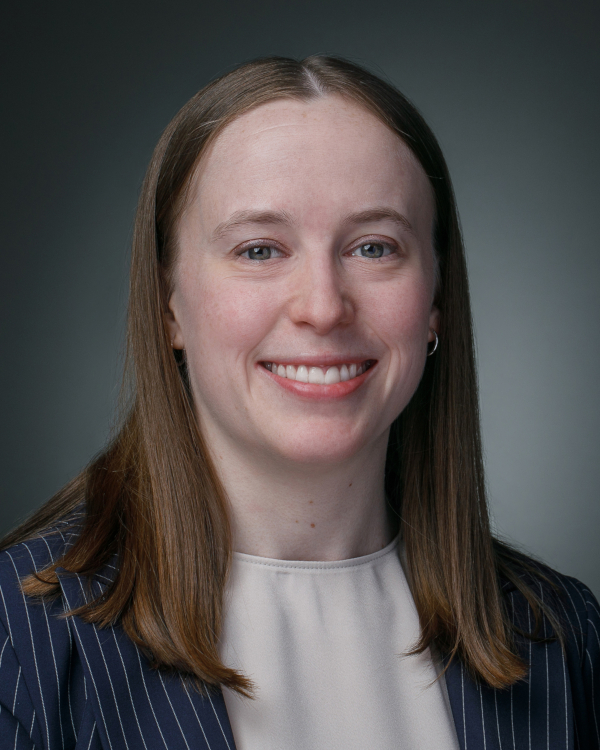
Susan E. Gueble, M.D., Ph.D.
Yale School of Medicine
Project Title: Therapeutic Potential of a Novel MGMT-Dependent DNA Interstrand Crosslinking Agent in the Treatment of DNA Repair Deficient Cancer
Grant ID: DP5-OD036128
Dr. Susan Gueble is an Assistant Professor in the Department of Therapeutic Radiology at Yale School of Medicine. She received her M.D. and Ph.D. degrees as part of the Medical Scientist Training Program (MSTP) at Yale School of Medicine and completed her residency in radiation oncology at Yale New Haven Hospital as part of the Holman Research Pathway. Her research focuses on understanding the mechanisms and therapeutic potential of novel DNA modifying agents in the setting of tumor-specific alterations in DNA damage response and repair genes. As a physician-scientist, she aims to translate her findings into innovative therapeutic strategies exploiting DNA repair pathway abnormalities for the treatment of cancer.
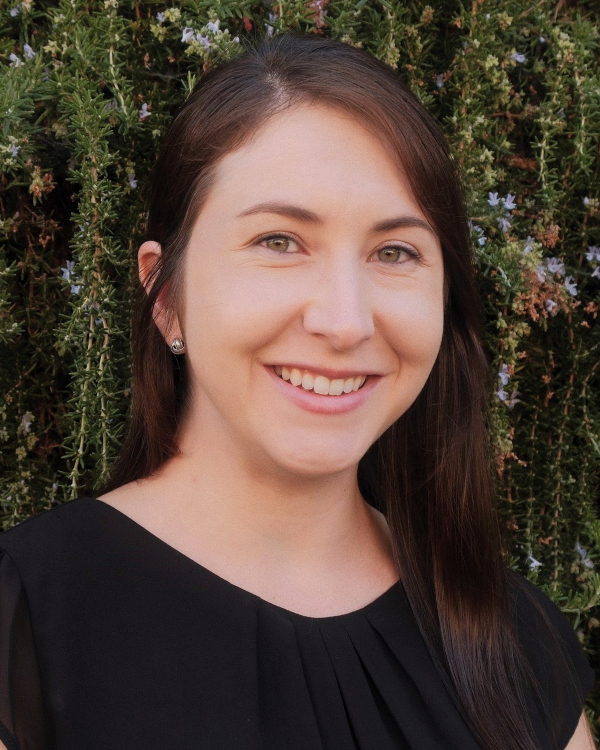
Maia Kinnebrew, Ph.D.
Stanford University
Project Title: Deciphering the Lipid Composition of Primary Cilia in Human Metabolic Disease
Grant ID: DP5-OD036155
Funded by the Office of Dietary Supplements and Common Fund
Maia Kinnebrew is a Hanna Gray Fellow and Stanford Distinguished Fellow in the Biochemistry Department at Stanford University. She received her Ph.D. from Stanford University in Rajat Rohatgi’s lab where she showed how cholesterol, an abundant cellular lipid, can act as an instructive signal to regulate a developmental signaling pathway. Her current research explores how solitary cell-surface organelles called primary cilia play critical roles in human metabolic homeostasis. Dr. Kinnebrew is investigating how the lipid composition and organization of the ciliary membrane regulates its sensory and signaling functions. This work will reveal new principles of membrane biology and uncover strategies to correct human developmental and metabolic diseases.
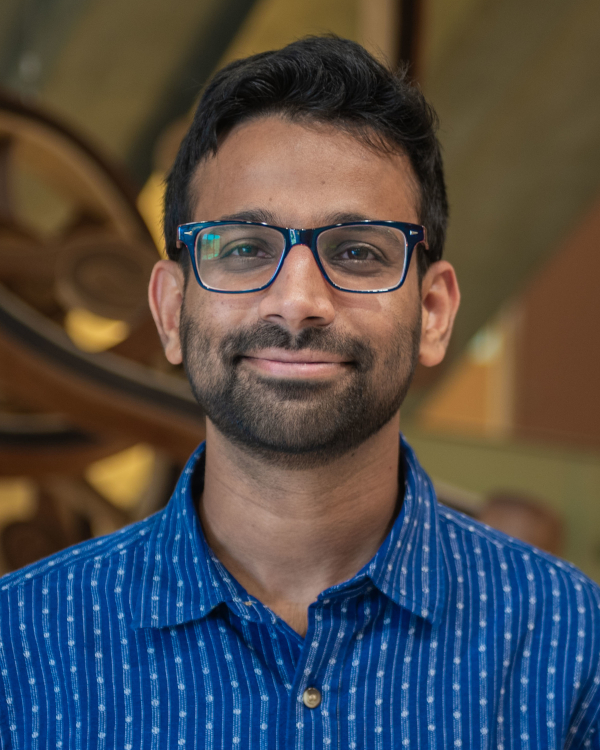
Sudarshan Pinglay, Ph.D.
University of Washington
Project Title: Dissecting the Logic of Mammalian Gene Regulation Using Synthetic Biology and Single-Cell Sequencing
Grant ID: DP5-OD036167
Sudarshan Pinglay, Ph.D is an Independent Research Fellow at the University of Washington, Department of Genome Sciences and the Brotman Baty Institute. He received undergraduate degrees in biology and philosophy at Johns Hopkins University, followed by a Ph.D. from the NYU School of Medicine under the supervision of Jef Boeke and Liam Holt. Sudarshan developed tools for the “re-writing” of mammalian genomes through the synthesis of large DNA constructs and their targeted integration into cells. Sudarshan plans to combine genome writing with single-cell sequencing and protein design to: 1) understand how genomes are organized to control gene expression; and 2) endow cells with sophisticated behaviors not found in nature.
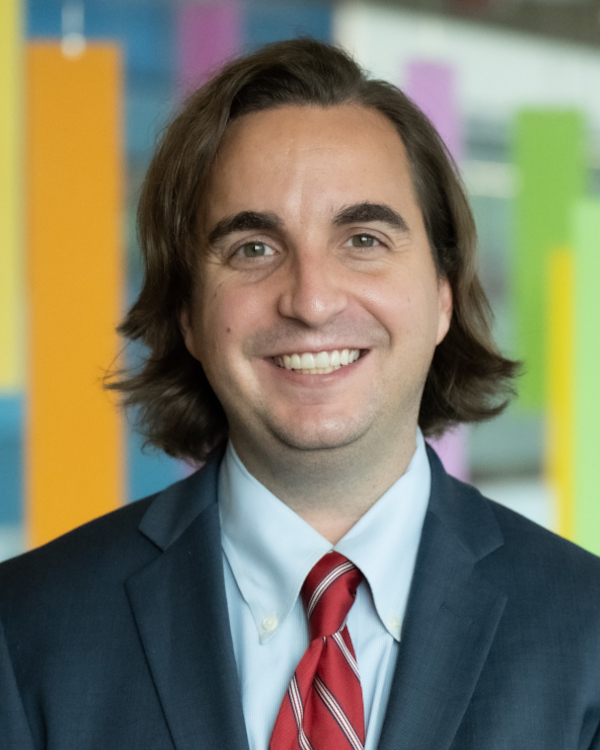
Ronald R. Seese, M.D., Ph.D.
Northeast Ohio Medical University and Akron Children’s Hospital
Project Title: Defining the Autonomic Cerebellum in Autism
Grant ID: DP5-OD036148
Dr. Ronald Seese is a child neurologist and neurobiologist driven to improve the diagnosis and treatment of autism spectrum disorder. He is an Associate Professor in the Department of Pediatrics and the Department of Anatomy and Neurobiology at Northeast Ohio Medical University. He is also a practicing developmental neurologist at Akron Children’s Hospital. The Seese Lab investigates how the cerebellum influences our autonomic fight-or-flight response. The lab uses a multi-disciplinary and translational approach to define how the cerebellum contributes to the dysautonomia that is highly prevalent in autism. Prior to launching his lab, Dr. Seese received a baccalaureate degree in Neuroscience at the University of California, Los Angeles, followed by M.D. and Ph.D. degrees from the Medical Scientist Training Program at the University of California, Irvine. Then, he completed clinical training in pediatrics, child neurology, and neurodevelopmental disabilities, as well as post-doctoral research training in systems neuroscience, at the University of Pittsburgh.

Sheila Shanmugan, M.D., Ph.D.
University of Pennsylvania
Project Title: Using Person-Specific Networks to Uncover Sex Differences in Vulnerability to Internalizing Disorders
Grant ID: DP5-OD036142
Sheila Shanmugan, MD, PhD, completed her medical training, PhD in Neuroscience, and residency in Psychiatry at the University of Pennsylvania. During her undergraduate and doctoral work, she led two randomized, double-blind, placebo-controlled crossover studies and evaluated the neuromodulatory effects of exogenous estradiol, serotonergic alterations, and a stimulant medication on brain activation, neurochemistry, and functional network connectivity in menopausal women. Her postdoctoral work focused on implementing cutting-edge analysis techniques to examine network-level mechanisms underlying sex differences in psychopathology. Dr. Shanmugan’s lab now uses multi-modal neuroimaging and advanced computational methods to elucidate the contribution of sex as a biological variable to the development of psychopathology and to identify neuroendocrinologic markers of risk vs resilience for psychiatric disorders. Her long-term goals involve leveraging this information to personalize sex-specific, early interventions in reproductive psychiatry.
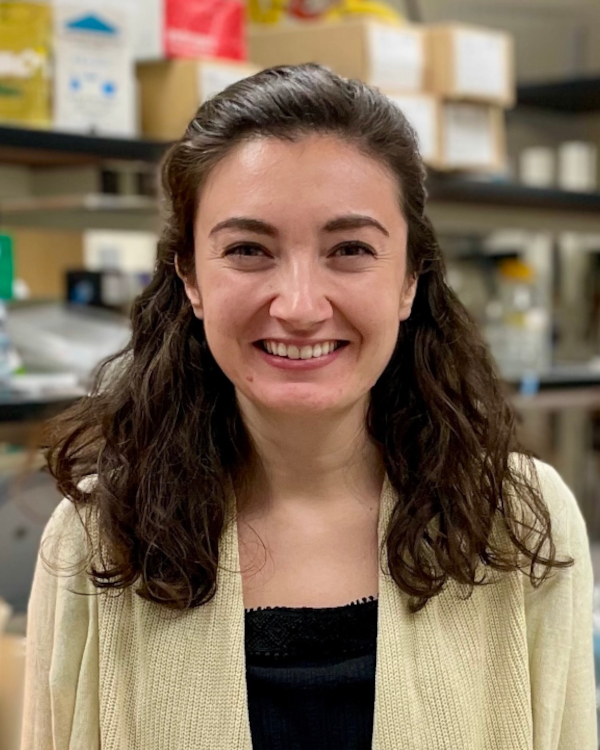
Katherine Susa, Ph.D.
University of California, San Francisco
Project Title: Identifying, Characterizing, and Targeting Regulators of B Cell Activation
Grant ID: DP5-OD036136
Katherine Susa is a Sandler Fellow in the Department of Pharmaceutical Chemistry at the University of California, San Francisco. She completed her Chemical Biology PhD in the labs of Andrew Kruse and Steve Blacklow at Harvard University, where she used structural biology, protein engineering, and cell biology to understand mechanisms underlying B cell co-receptor complex assembly and signaling. The Susa lab will study the molecular mechanisms underlying the function of human immune cell receptors, with the long-term goal of enabling new therapeutic approaches to modulate immune cell signaling. Work in the lab will initially focus on B cell signaling, a signaling pathway that is responsible for the production of antibodies and is frequently dysregulated in B cell cancers and autoimmune diseases. Central goals of the lab are to: (1) develop new tools to identify and characterize novel regulators of early B cell signaling, (2) structurally characterize B cell receptor and co-receptor complexes to elucidate how B cell signaling is regulated, and (3) engineer cell-state-specific, modulatory antibodies that selectively target specific B cell subsets.
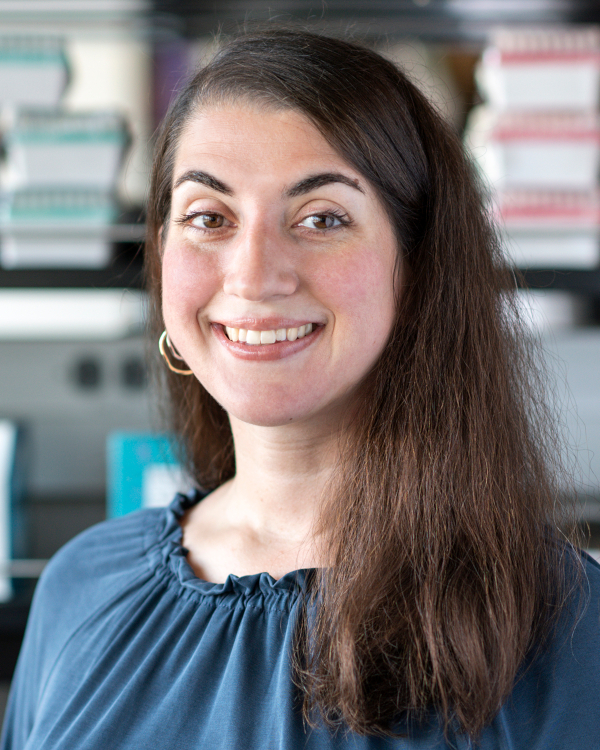
Christina V. Theodoris, M.D., Ph.D.
Gladstone Institutes; University of California, San Francisco
Project Title: Transfer Learning Leveraging Large-Scale Transcriptomics to Map Disrupted Gene Networks in Cardiovascular Disease
Grant ID: DP5-OD036170
Funded by the National Heart, Lung, and Blood Institute and Common Fund
Christina Theodoris, MD, PhD is an Assistant Investigator at Gladstone Institutes and University of California, San Francisco (UCSF). In her undergraduate research at the California Institute of Technology, she worked in the Eric Davidson Lab studying gene regulatory networks in early sea urchin development. In her MD/PhD research at UCSF, mentored by Deepak Srivastava and co-mentored by Katherine Pollard and Benoit Bruneau, she developed an innovative network-based approach to therapeutic design leveraging machine learning and iPS cell disease modeling, which ultimately identified a candidate molecule for the treatment and prevention of cardiac valve disease, currently under further development toward clinical trials. As a postdoctoral fellow at the Broad Institute of MIT and Harvard and Dana-Farber Cancer Institute, co-mentored by X. Shirley Liu and Patrick Ellinor, she developed a foundational deep learning model pretrained on large-scale single cell transcriptomic data to enable context-specific predictions in settings with limited data in network biology through transfer learning. The Theodoris Lab develops machine learning models that leverage the unprecedented volume of transcriptomic and epigenomic data now available to gain a fundamental understanding of network dynamics that can be democratized to a vast array of downstream applications, accelerating the discovery of network-correcting therapies for human disease.
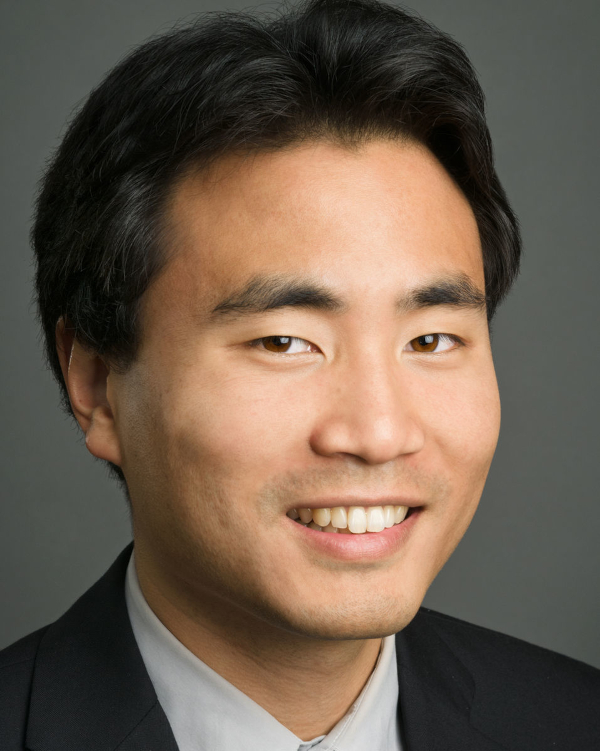
Jonathan M. Tsai, M.D., Ph.D
Brigham and Women's Hospital and Harvard Medical School
Project Title: Characterizing a Common Degradation Pathway for Nuclear Hormone Receptors
Grant ID: DP5-OD036132
Jonathan Tsai is an Instructor of Pathology at the Brigham and Women's Hospital and Harvard Medical School. Dr. Tsai's research focuses on a common pathway of ligand-induced, nuclear hormone receptor degradation. By combining functional genomics, biochemistry, and molecular biology, he is studying how hormone receptor degradation regulates hormone signaling with the long-term goal of understanding how protein degradation broadly impacts transcriptional activity. Dr. Tsai received and M.D. and Ph.D in Developmental Biology from Stanford University and completed his Clinical Pathology Residency and Molecular Genetics Pathology Fellowship at the Brigham and Women's Hospital.



